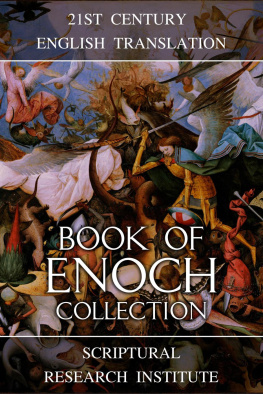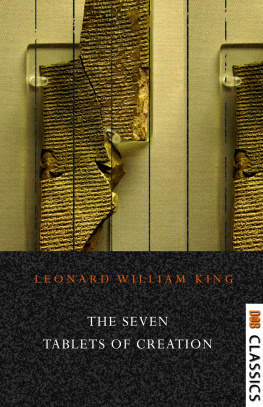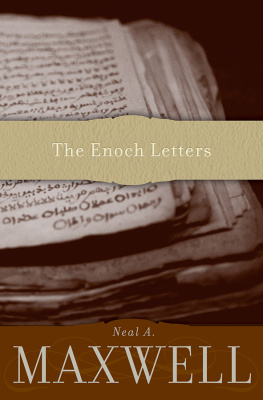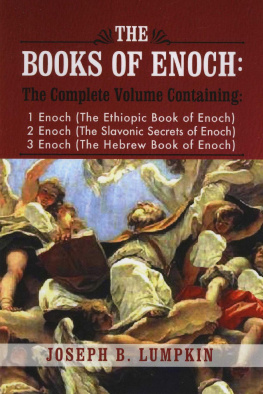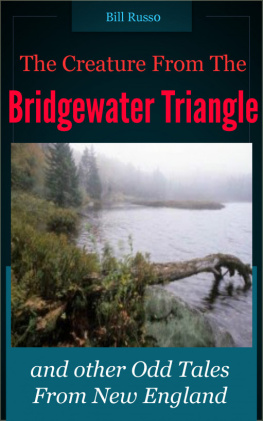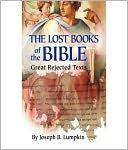Books of Enoch Collection
Scriptural Research Institute
Published by Digital Ink Productions, 2020.
W HILE EVERY PRECAUTION has been taken in the preparation of this book, the publisher assumes no responsibility for errors or omissions, or for damages resulting from the use of the information contained herein.
BOOKS OF ENOCH COLLECTION
First edition. May 1, 2020.
Copyright 2020 Scriptural Research Institute.
ISBN: 978-1-989852-21-7
The five books of Enoch were collected and translated into Greek by 200 BC, and Geez by 1500 AD.
These English translations were created by the Scriptural Research Institute in 2020 primarily from the Geez translations.
The image used for the cover is The Fall of the Rebel Angels by Pieter Bruegel the Elder, painted in 1562.
T HE FIVE BOOKS OF ENOCH are a collection of books written in Semitic languages, and often grouped together as the Book of Enoch, or 1st Enoch. The books were likely written at different points in time and different Semitic languages. The first book was the Book of the Watchers, which is generally considered to be the oldest book in the collection, however, the age of the book is debated. The book is now known to have originated long before Christianity since the discovery of the Dead Sea Scrolls, however, was lost for well over a thousand years to Europeans, and assumed to be a Christian-era work when the Europeans rediscovered it in Ethiopia. The five books of Enoch only survive in Geez, the classical language of Ethiopia, however, do not survive intact, and some sections of text do not survive.
The Geez texts are believed to be translations from a Greek source, which was itself a translation of an Aramaic source. Many fragments of the Aramaic texts were discovered among the Dead Sea scrolls, as well as Hebrew and Greek fragments. The Aramaic texts are mostly the same as the Geez texts, however, scroll 4Q209 also includes a section of text from 3rd Book of Enoch, the Astronomical Book, which is lost from the Geez copies. A few fragments of Greek translations have been found in Egypt in the past two centuries, which generally match the Geez translation. A small fragment of a Latin translation was also preserved by the Vatican through the centuries, which also matches the Geez copies for a small fragment of 4th Book of Enoch, Dream Visions.
Other books attributed to Enoch, including the Secrets of Enoch, which is also called the 2nd Book of Enoch, however, is not the same text as the Semitic 2nd Book of Enoch. The Secrets of Enoch has only survived in the Old Slavonic language in the Balkan Peninsula and may be a partial paraphrase of the Book of the Watchers. Another text attributed to Enoch is the Revelation of Metatron, also called the Revelation of Metatron, Book of the Palaces, Book of Rabbi Ishmael the High Priest, or the 3rd Book of Enoch, however, is not the same text as the Semitic 3rd Book of Enoch, or any section of the Semitic books of Enoch. The Revelation of Metatron is written as a sequel to the first five books of Enoch and is written from the perspective of Enoch in the sky, where his angelic name was Metatron. The Revelation of Metatron appears to have been written in Hebrew but includes several Greek and Latin words that have led scholars to assume the text is a Jewish text written in the Christian era.
Most of the iconography in the Book of the Watchers points to a Canaanite origin, as does the astronomical references to the seven stars beyond the eastern edge of the world, which was the situation between 2300 and 2000 BC when the Pleiades star cluster was the morning stars. The Pleiades star cluster is a group of stars in the constellation of Taurus. They are easily seen in the northern hemisphere, as well as at equatorial latitudes, and have historically been widely used to navigate by. The Greek name is believed to derive from the word meaning sail (). The name Pleiades appears in both the Septuagint and Masoretic Texts, which is one of the few times the two documents agree on the names of the stars. This indicates the name may not have been redacted in this case, however, it was likely the original term would have been Aziz, the morning star, as this star or group of stars is listed in contrast to the evening star. Throughout all of ancient history, the merchant season in the Mediterranean began with the helical rising of the Pleiades, which shows the importance of the star cluster to the Canaanites, and their ancient trading partners. The Pleiades were rising in the vernal equinox around 2300 BC, which means they would have been seen as the morning stars of their time. By 2000 BC the Pleiades would have no longer been the morning stars but did continue to be used for navigation throughout recorded history.
All of the five Semitic Books of Enoch and the Revelation of Metatron use the term watcher, which was replaced by grigori in the Secrets of Enoch. The word grigori is believed to have been the Old Slavonic transliteration of the Greek word egrgoroe (), meaning watchful. The term watcher is often mistranslated as angel in modern translation, however, the term angel () is not in the five books of Enoch. The term angel does show up in both the Secrets of Enoch and the Revelation of Metatron, however, as both texts were translated into Greek, the term could have been inserted at that time. Some of the watchers mentioned by name do have the same names as angels in other Hebrew scriptures, as well as later Christian and Islamic texts. This implies that the watchers are angels, yet the word was not used, which points to an earlier language that did not use the word angels like Hebrew did, such as Canaanite.
The watchers as believed to be based on an older Sumerian and Akkadian story of the igigi. The igigi were a group of beings in the ancient Akkadian creation and flood mythology who played a similar role to the watchers in the Enochian literature. The Aramaic term watchers was iri (), which the Akkadian word igigi was composed of the Akkadian words igi and gi meaning eyes and penetrate sexually. The similar nature of eyes (igi) and watchers (iri) is difficult to ignore, however, the sexual violation of humans is what the watchers were accused of in the books of Enoch. The Book of Parables contains several terms that appear to be direct translations of Akkadian terms from the Akkadian creation and flood stories, which supports the idea that the watchers began as a Canaanite version of the igigi.
The existing text of the Book of the Watchers appears to have been pieced together, at some point before the Dead Sea scrolls were collected, as they generally match the surviving Geez translations, as well as surviving Hebrew, Greek, and Latin fragments proving the text was fairly standardized by 300 BC. The surviving copies all have repeating stories, such as the description of the seven stars beyond the eastern edge of the world, which took place in both chapters 18 and 21. These repeating stories point to the text being compiled from older texts into an Aramaic or Hebrew text, much like some of the texts of the Torah.

